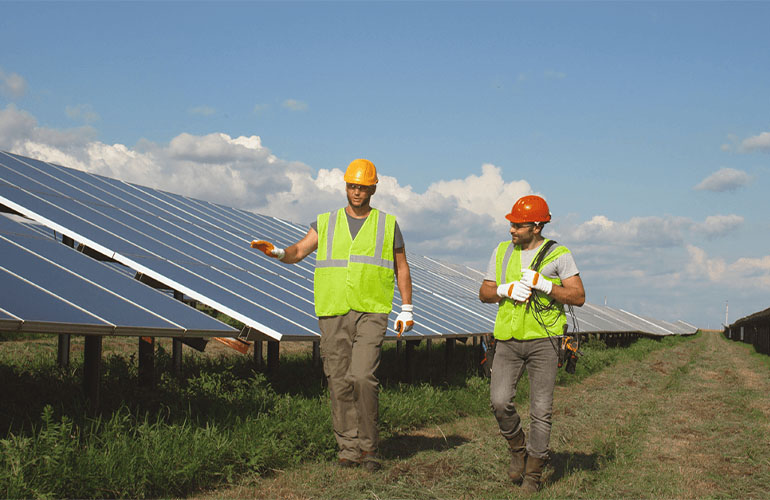Solar energy has emerged as a promising solution to our growing energy needs, offering a clean, renewable, and sustainable source of power. However, despite its widespread adoption and proven benefits, there are still many myths and misconceptions surrounding solar energy. In this article, we will debunk some of the most common misconceptions about solar power, shedding light on the truth behind this eco-friendly energy alternative.
Myth 1: Solar Energy Is Expensive
One of the most prevalent myths about solar energy is that it’s prohibitively expensive. While it’s true that the initial installation cost can be substantial, solar panel prices have significantly decreased over the years. Additionally, various government incentives, tax credits, and financing options make solar energy more affordable than ever before. Moreover, once installed, solar panels have low operational and maintenance costs, making them a cost-effective long-term solution.
Myth 2: Solar Panels Do Not Work in Cloudy or Cold Climates
Solar panels do not require constant, direct sunlight to generate electricity. While they are more efficient in sunny conditions, they can still generate power on cloudy days. Modern solar technology has improved to the point where panels can harness diffused sunlight, allowing them to work effectively even in overcast weather. Additionally, solar panels can operate efficiently in cold climates, and some types of solar panels perform better in cooler temperatures.
Myth 3: Solar Energy Is Inefficient and Cannot Meet High Energy Demands
Advancements in solar technology have significantly improved the efficiency of solar panels. Modern solar panels can convert a substantial amount of sunlight into electricity, and ongoing research continues to enhance their efficiency. Moreover, solar energy systems can be designed and scaled to meet various energy demands, from residential homes to large industrial facilities. By combining solar power with energy storage solutions and grid integration, it’s possible to meet high energy demands effectively.
Myth 4: Solar Energy Is Bad for the Environment
Some people believe that the production and disposal of solar panels harm the environment. While it’s true that the manufacturing process does have some environmental impact, it is relatively low compared to the pollution caused by fossil fuels. Furthermore, the environmental footprint of solar panels has decreased over the years due to advancements in manufacturing techniques and recycling programs. In fact, the long-term benefits of using solar energy, such as reducing greenhouse gas emissions and decreasing reliance on non-renewable resources, far outweigh the initial environmental costs.
Myth 5: Solar Energy Is Not Reliable
Another misconception is that solar energy is not a reliable source of power because it depends on weather conditions. While solar energy production fluctuates with weather patterns, proper system design, energy storage solutions like batteries, and grid integration can ensure a stable and reliable power supply. Additionally, solar power plants are often strategically located in regions with high sun exposure, minimizing the impact of weather variability.
Conclusion
As we debunk these common myths and misconceptions about solar energy, it becomes evident that solar power is a viable, eco-friendly, and increasingly affordable energy solution. By understanding the reality behind these myths, we can make informed decisions about adopting solar energy in our homes and businesses. Embracing this renewable energy source not only contributes to a sustainable future but also helps us transition towards a cleaner and greener planet.



